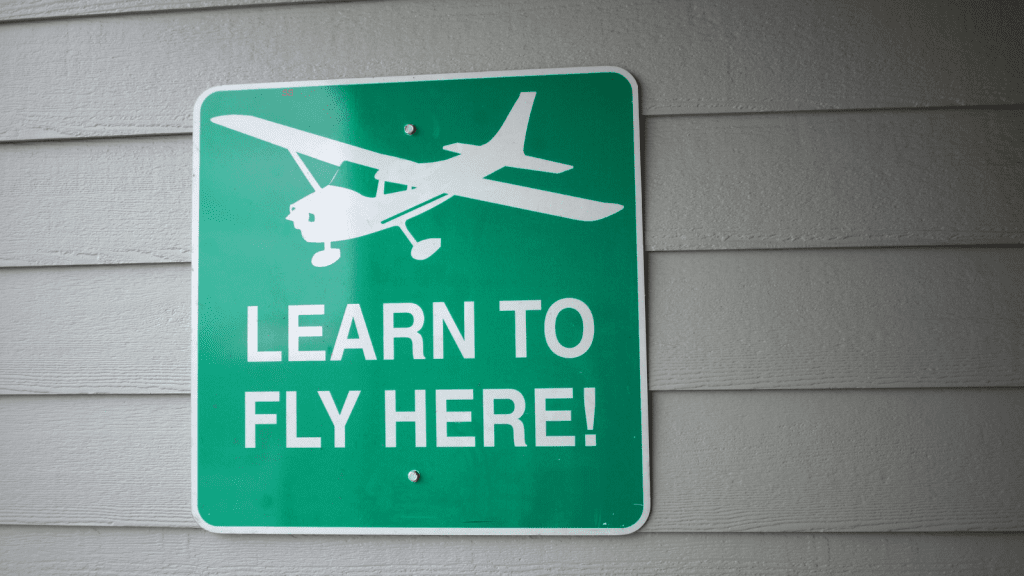Embarking to become a helicopter pilot is an exciting and fulfilling endeavor. Whether you are new to this field or have accumulated years of flight experience, achieving expertise requires dedication and hard work. With the right guidance, however, anyone can learn how to become a highly skilled helicopter pilot. Let’s explore transitioning from a novice pilot to an experienced professional.
From Novice to Expert: Navigating the World of Helicopter Pilots
Helicopter pilots need knowledge in various areas, including aviation regulations, aircraft systems, airmanship skills, navigation techniques, and safety procedures. To obtain the necessary qualifications for becoming a licensed helicopter pilot, students must undergo ground school training and accumulate flight hours under the supervision of an instructor before taking their final certification test. The requirements may vary by country, but most countries mandate at least 40 hours of instruction in visual flight rules (VFR) and instrument flight rules (IFR).
Learning the Basics of Flying
The first crucial step towards becoming a qualified commercial or private helicopter pilot is acquiring a solid foundation in flying through ground school training. Ground school classes cover essential topics such as aerodynamics, meteorology and navigation procedures. Once you’ve handled the fundamentals of flying, you’ll likely get more hands on through understanding the principles of aircraft maintenance and becoming familiar with equipment commonly used in flight, such as a david clark headset and other similar communication tools.
Students also learn about operating helicopters safely in diverse environments, including high altitudes or mountainous terrain conditions. Some schools may offer simulator training, allowing students to practice maneuvers under the guidance of certified instructors using computerized platforms that replicate real-world scenarios, such as adverse weather conditions or simulated engine failures that would be impractical to recreate during actual flights with passengers onboard.

Accumulating Flight Hours
After completing ground school training, students must log flight hours as part of an instructor-supervised program before taking their final certification test, determining whether they obtain a commercial or private helicopter pilot license. During these supervised flights, students gain practical experience performing different maneuvers in varying weather conditions.
They also practice emergency drills, such as autorotation landings, in case of engine failure during flight operations over water or remote locations where safe landings could be challenging without prior experience handling similar situations during practice flights.
Specializing Your Skillset
In addition to meeting the required flight hour criteria under instructor supervision, aspiring pilots have opportunities to specialize their skill sets beyond the basic instructional requirements. For example, mountain flying courses are available at schools near mountainous regions, teaching specialized techniques for operating helicopters in rugged terrain with unique wind patterns caused by elevation changes.
Similarly, advanced instrument flight rules (IFR) training is offered, equipping pilots with the ability to handle instrument readings during adverse weather conditions when visibility is limited, enabling safe navigation even if external visual cues are obscured.
Becoming an Expert Pilot
By following these steps, aspiring pilots have the tools to transition from novice status to expert licensed professionals capable of operating helicopters safely and confidently in various scenarios. Whether navigating through low visibility cloud cover using instruments alone or executing precision landings in tight spaces atop steep mountain ridges surrounded by swirling winds caused by elevation changes and nearby cliffs, those who dedicate themselves to the required effort and hard work will find themselves soaring to greater heights than they ever imagined just a few months prior. Taking the initiative to become an expertly trained helicopter pilot today will set individuals on a path toward success.



